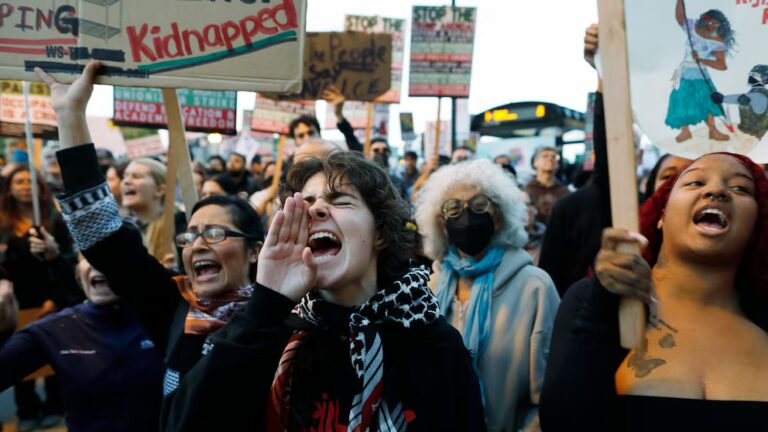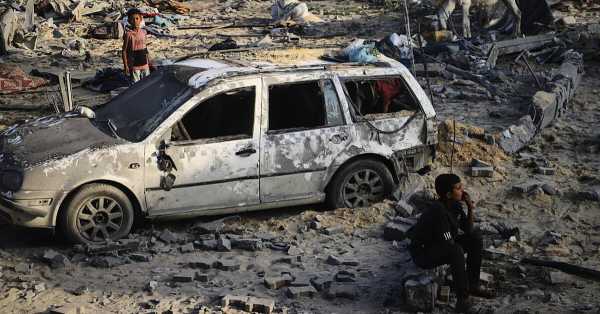
At least 46 Palestinians were killed overnight and on Wednesday by Israeli attacks and shelling in the Gaza Strip, with most of the victims being civilians trying to get food, health officials said.
As noted by international organizations dealing with the food crisis, daily bombing of Israel continues against the backdrop of a military operation and blockade that have led to an “extremely acute hunger situation” in the region, where two million Palestinians live.
Meanwhile, US envoy Steve Witkoff headed to Israel for dialogue after truce talks with Hamas appeared to have reached a stalemate last week.
Mr. Witkoff, who previously led the Trump administration's efforts to end the nearly two-year conflict, will visit Israel on Thursday to discuss the situation in Gaza.
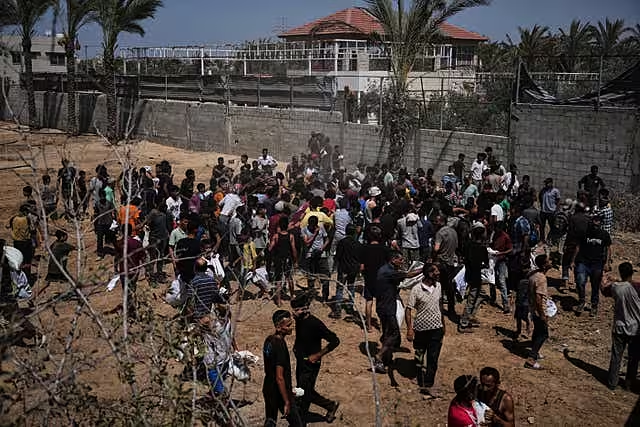
According to information from medical institutions that received the dead and provided assistance to the wounded, more than 30 people lost their lives while trying to access humanitarian supplies.
Seven more citizens, including a child, died from the effects of exhaustion, the local health ministry reported.
The Israeli army has not yet commented on these incidents. The military department emphasizes that the strikes are carried out exclusively on militants, and the blame for the deaths of innocents is placed on Hamas, which operates in densely populated areas.
According to the Shifa Hospital in Gaza, the facility received 12 bodies of people killed on Tuesday evening when Israeli forces fired on a group of people waiting for humanitarian trucks at the Zikim crossing in the north of the region.
Doctors report 13 deaths as a result of airstrikes in the Jabaliya refugee camp, as well as in the towns of Beit Lahia and Beit Hanoun.
Nasser Hospital in Khan Younis has recorded the arrival of 16 bodies, which they say belong to people who died near the new Morag corridor created by the Israeli army to connect Khan Younis with Rafah.
Another man was reportedly killed when a tent was hit in the same area.
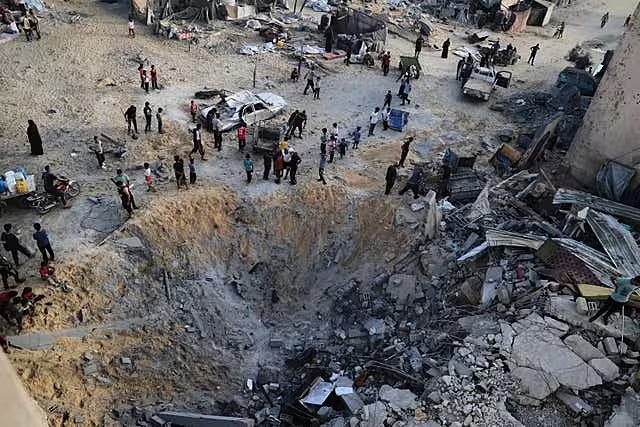
Medical staff at Awda Hospital in Nuseirat confirmed receiving four bodies they said were victims of Israeli shelling near the Gaza Humanitarian Fund (GHF) distribution center near the Netzarim corridor.
Under pressure from the international community, Israel has announced new measures to increase humanitarian supplies, but aid workers say the steps are insufficient.
Experts from the IPC, the world's leading platform for assessing food crises, avoid the term “famine” in relation to Gaza, but confirm the sharp deterioration of the situation and the risk of “massive loss of life” without urgent action.
According to Israel's aid coordination unit COGAT, 220 trucks of aid arrived in the region on Tuesday, far short of the 500 to 600 needed daily by the United Nations and received during a truce earlier this year.
The United Nations faces logistical challenges: most supplies are distributed in areas under Israeli military control. The parallel delivery system via the Israeli-backed GHF is also fraught with incidents.
Since May, more than 1,000 Palestinians have died while trying to obtain food, mostly near GHF facilities, according to eyewitness accounts, local medical facilities and the UN Human Rights Office.
The Israeli military says it is using warning fire to protect positions, while the GHF says it is using non-lethal means to prevent a stampede.
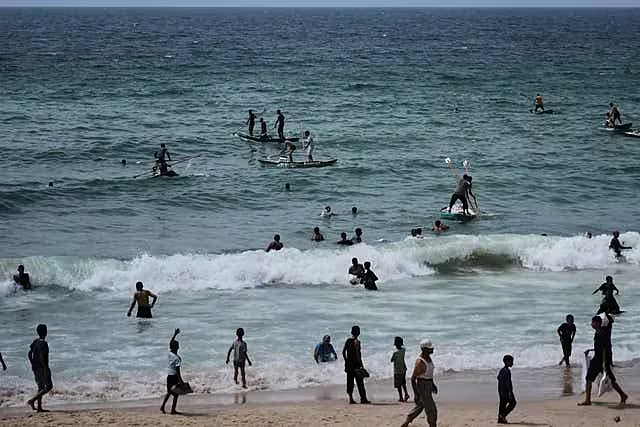
International air deliveries have resumed, but many shipments have landed in evacuation zones or ended up at sea, forcing people to scavenge for soggy sacks of food.
Since the conflict began, 89 children have died from the effects of starvation. According to official figures, 65 adults have died from malnutrition in Gaza since the end of June.
Israel rejects claims of a humanitarian catastrophe, saying the focus on famine is hindering the peace process.
The conflict began on October 7, 2023, with a Hamas attack on southern Israel, in which about 1,200 people were killed and 251 were taken hostage. Currently, 50 people are being held, including 20 believed to be alive. The rest were released in previous agreements.
The Israeli military operation has claimed the lives of more than 60,000 Palestinians, according to the Gaza Health Ministry. The counts do not differentiate between civilians and militants.
The data is provided by structures controlled by Hamas. The UN and other international institutions recognize it as the most reliable in the current conditions.
Sourse: breakingnews.ie
